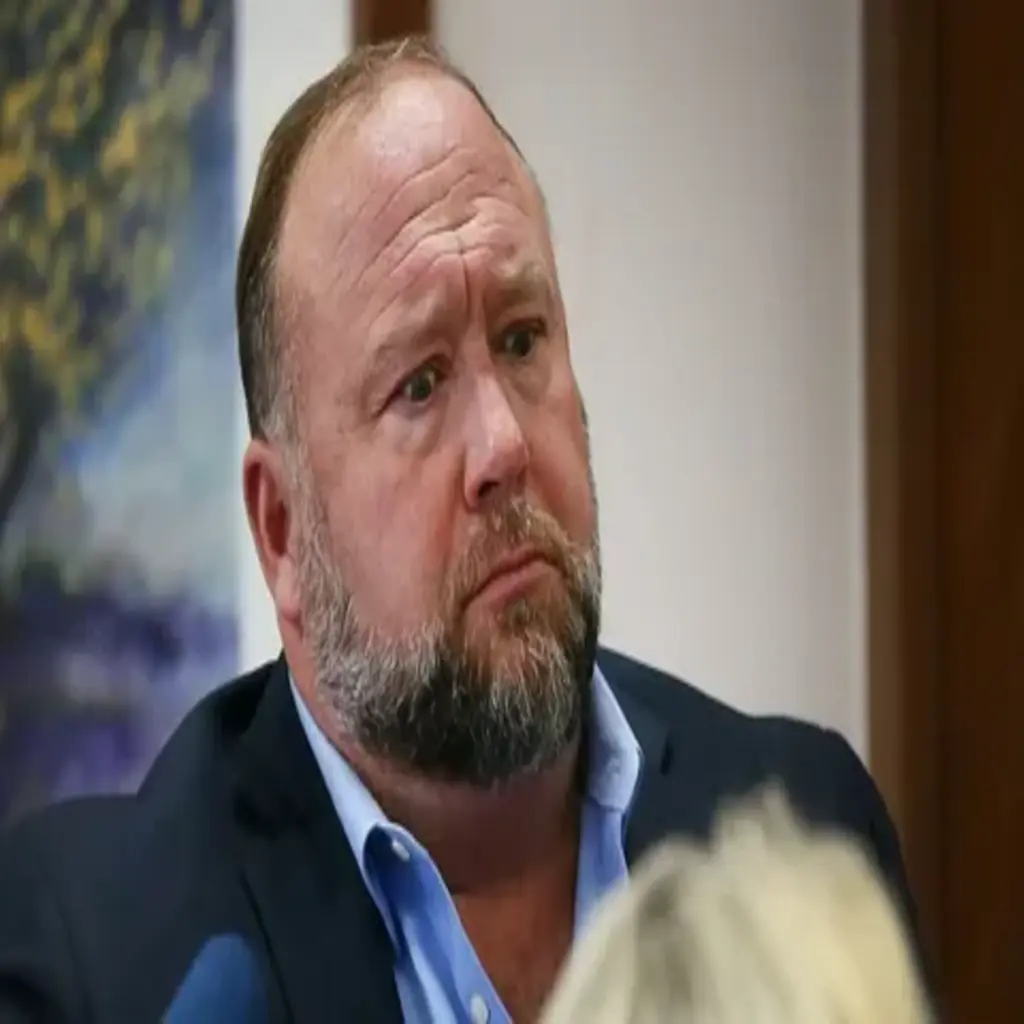Introduction
In a dramatic legal development, a federal judge has blocked a proposed settlement that would have provided financial compensation to the families of Sandy Hook victims in the ongoing bankruptcy case of Alex Jones. The controversial conspiracy theorist, who was previously ordered to pay nearly $1.5 billion in damages for spreading false claims about the 2012 Sandy Hook Elementary School shooting, has been entangled in legal battles surrounding his finances. This latest ruling has further complicated the situation, leaving many questioning the future of Jones’ financial obligations and the prospects of the families receiving their rightful compensation.
This article provides a comprehensive analysis of the ruling, its implications for the bankruptcy proceedings, and how it affects both the victims’ families and Jones’ financial future.
Background: Alex Jones, Sandy Hook, And The Lawsuits
Who is Alex Jones?
Alex Jones is a far-right media personality and the founder of Infowars, a website and media platform known for promoting conspiracy theories. Over the years, Jones has made numerous controversial claims, but none have been as consequential as his false statements about the Sandy Hook Elementary School shooting.
The Sandy Hook Tragedy and Conspiracy Claims
On December 14, 2012, a tragic mass shooting at Sandy Hook Elementary School in Newtown, Connecticut, claimed the lives of 26 people, including 20 children and six educators. While the event was widely covered by major news outlets, Jones repeatedly spread baseless conspiracy theories, falsely claiming that the shooting was staged and that the victims’ families were actors participating in a government hoax to push gun control laws.
The Defamation Lawsuits and $1.5 Billion Judgment
As a result of these false claims, families of the victims suffered harassment, threats, and emotional distress from Jones’ followers. Several families took legal action, filing defamation lawsuits against Jones. After lengthy court proceedings, multiple juries found Jones guilty of defamation, ordering him to pay $1.5 billion in damages to the affected families in 2022 and 2023.
However, Jones claimed he was unable to pay the full sum, leading him to file for Chapter 11 bankruptcy protection in December 2022. This move triggered a complex legal battle over his assets, income, and financial obligations.
The Bankruptcy Case And Proposed Settlement
Jones’ Bankruptcy Filing and Financial Claims
When Jones filed for personal bankruptcy, he claimed that he had less than $10 million in total assets while owing over $1.5 billion in liabilities. This raised skepticism, as Infowars and other associated businesses continued to generate significant revenue.
Jones argued that he did not have sufficient assets to pay the damages awarded to the Sandy Hook families. In response, the families’ legal teams sought ways to ensure that Jones’ revenue streams—including his media businesses—were properly accounted for in the bankruptcy process.
Proposed Settlement Between Jones and the Sandy Hook Families
To resolve the financial dispute, a proposed settlement was put forward, which aimed to allocate a portion of Jones’ assets and future earnings to the families. The terms of the settlement were negotiated between Jones, his bankruptcy attorneys, and the plaintiffs’ legal teams.
This agreement sought to:
- Settle the financial claims by providing structured payments to the families.
- Ensure a fair distribution of Jones’ remaining assets.
- Hold Jones accountable by tying future earnings to victim compensation.
- However, this settlement required court approval before it could take effect.
Judge’s Ruling: Blocking The Settlement
Why Did the Judge Block the Settlement?
On February 5, 2025, a federal bankruptcy judge ruled against the proposed settlement, citing multiple legal concerns. While the full judicial reasoning has yet to be published, the decision was based on several key factors:
Insufficient Financial Transparency
The judge raised concerns about the transparency of Jones’ financial records, suggesting that he had not fully disclosed all sources of income or potential hidden assets.
Unfair Advantage for Jones
The court determined that the proposed deal favored Jones by allowing him to retain significant control over his business and assets while limiting the financial compensation to the victims.
Inadequate Long-Term Guarantees
The agreement did not ensure consistent payments to the families over time, raising doubts about its enforceability.
Legal Precedents and Fairness
The judge cited previous bankruptcy cases where similar deals were rejected for failing to adequately compensate victims.
Impact of the Ruling
With the judge blocking the settlement, the Sandy Hook families are left with continued uncertainty over when—or if—they will receive the financial compensation ordered by the courts. The ruling also puts Jones’ financial future in jeopardy, as he may be forced to liquidate more assets or face alternative legal measures to fulfill his obligations.
What Happens Next?
Potential Next Steps for the Sandy Hook Families
The victims’ families still have legal options available:
Appealing the Judge’s Decision: They may challenge the ruling in higher courts, arguing that the settlement was a fair resolution.
Forcing Asset Liquidation: They could push for court-ordered liquidation of Jones’ properties, media assets, and revenue streams.
Pursuing Criminal Contempt Charges: If Jones is found to be hiding assets or defying court orders, legal teams may seek harsher penalties.
What Does This Mean for Alex Jones?
For Jones, the ruling significantly worsens his financial predicament. If no settlement is reached, he risks:
- Complete business shutdown if Infowars and other assets are liquidated.
- Involuntary bankruptcy proceedings that strip him of financial control.
- Legal consequences for non-compliance with court rulings.
- His legal team is expected to explore new bankruptcy restructuring strategies to limit financial damages while keeping his media empire operational.
Conclusion
The latest ruling against Alex Jones marks yet another chapter in his ongoing legal battles. The blocked settlement not only delays financial relief for the Sandy Hook families but also raises larger questions about how courts handle high-profile bankruptcy cases involving defamation lawsuits.
While Jones continues to fight legal battles, the Sandy Hook families remain determined to seek justice and financial accountability. With the possibility of appeals and further legal action, the case is far from over. This development underscores a larger debate on free speech, misinformation, and financial responsibility—one that will likely shape future legal precedents for similar cases.


